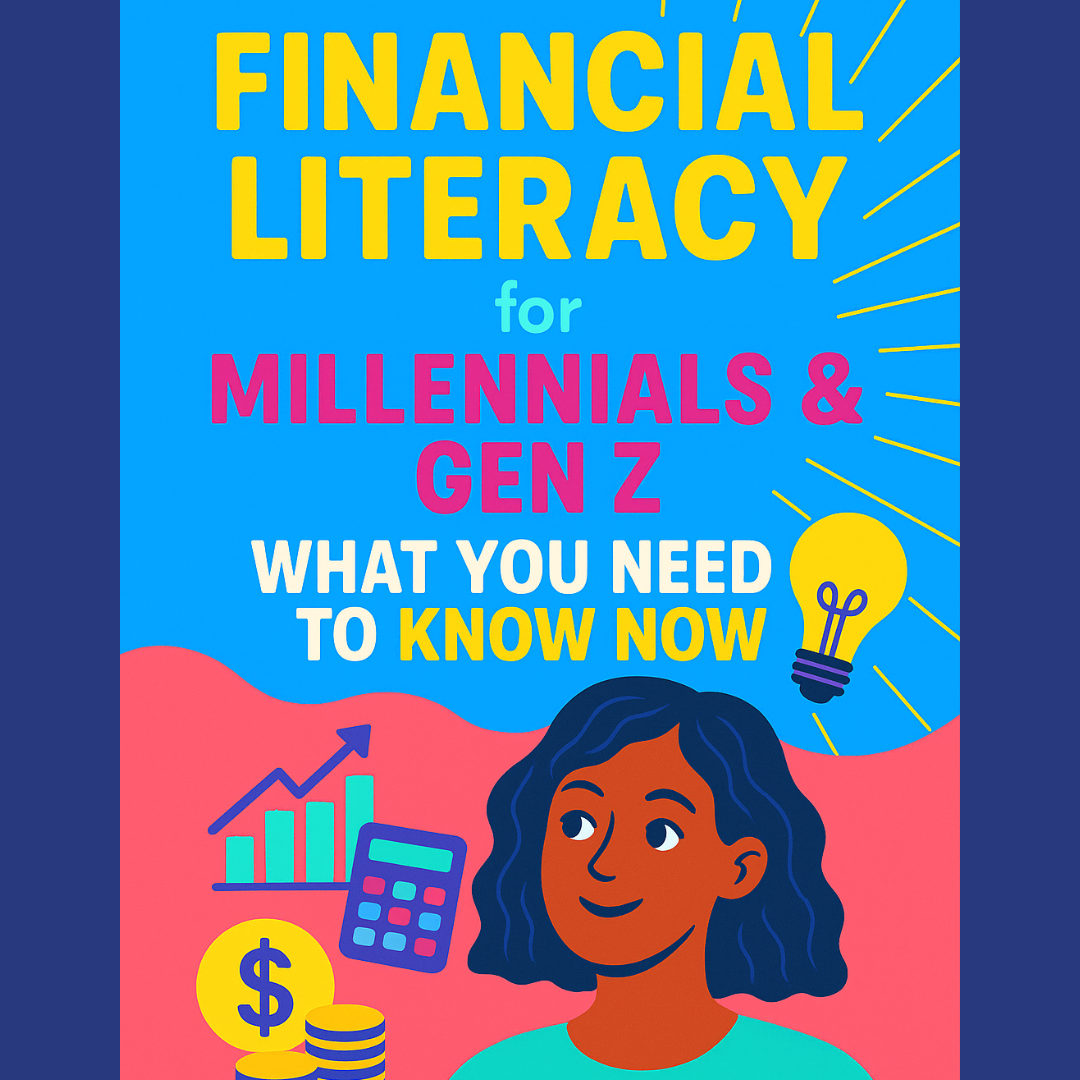If you’re tired of making a budget that looks great on paper but falls apart by week two, you’re not alone. In 2025, budgeting isn’t just about numbers—it’s about creating a flexible, empowering system that aligns with your lifestyle, goals, and financial personality. Whether you’re an entrepreneur, a parent managing a household, or a college student trying to stretch every dollar, this guide will teach you how to create a budget that actually works in 2025—and sticks.
Let’s ditch the outdated methods and build a real, modern budget that keeps you in control and excited about your money. Because guess what? Budgeting doesn’t have to feel like punishment—it can be your greatest weapon for financial freedom and abundance.
Why Traditional Budgets Fail
Before we dive into the how-to, let’s talk about why most budgets fail. The truth is, most people create budgets based on idealistic numbers, forget to plan for fun or emergencies, and treat it like a rigid contract rather than a dynamic plan. If your budget doesn’t reflect your real habits and values, it’s destined to crash.
In 2025, we’re embracing a smarter, more intuitive way to manage money—leveraging technology, psychology, and strategy. This is the year to stop surviving and start thriving financially.
Step 1: Know Your Financial Baseline
You can’t build a strong budget without a clear understanding of where your money currently stands. This means tracking your income, expenses, debt, and assets.
Use tools like YNAB (You Need a Budget), Monarch Money, or Goodbudget to automatically sync your accounts and categorize your spending. Or, if you prefer a hands-on method, use Google Sheets or Excel templates designed for 2025 budgeting.
Be brutally honest. Look at:
- Total monthly income (after taxes)
- Fixed expenses (rent, car payment, insurance)
- Variable expenses (groceries, gas, utilities)
- Discretionary spending (subscriptions, dining out, shopping)
- Debt payments
- Savings & investments
Once you have this snapshot, you can start to see patterns—and opportunities.
Step 2: Set Realistic and Motivating Goals
A budget without a why is like a GPS without a destination. Ask yourself: What are you budgeting for in 2025?
Maybe it’s:
- Building a $10,000 emergency fund
- Paying off $25,000 in student loans
- Saving for a house or business launch
- Traveling more
- Investing aggressively for early retirement
Once you know your goals, break them into SMART financial targets (Specific, Measurable, Achievable, Relevant, Time-bound). These goals will give your budget purpose—and make it easier to stay committed.
Step 3: Choose the Right Budgeting Method
There’s no one-size-fits-all budget. The key is to choose a framework that fits your brain and your lifestyle.
Here are the top budgeting methods for 2025:
- Zero-Based Budgeting: Assign every dollar a job—income minus expenses equals zero. Perfect for detail-oriented people who love control.
- 50/30/20 Rule: Allocate 50% to needs, 30% to wants, and 20% to savings/debt. Great for beginners and flexible thinkers.
- Pay Yourself First: Save a set percentage or dollar amount before doing anything else. Ideal for aggressive savers.
- Cash Envelope/Digital Envelope Systems: Limit spending by allocating money to envelopes (or digital categories). Excellent for curbing overspending.
- Value-Based Budgeting: Spend in alignment with your priorities (cut ruthlessly on what doesn’t matter, spend freely on what does). Works beautifully for mindful spenders.
Pick a method—or a blend—that makes sense for you. The best budget is the one you’ll actually stick to.
Step 4: Automate and Simplify
The biggest win in modern budgeting? Automation.
Set up:
- Automatic transfers to savings or investment accounts
- Auto-pay for bills to avoid late fees
- Spending alerts or caps via your bank app
- Recurring calendar reminders to review your budget weekly or monthly
In 2025, AI-powered tools can even help categorize spending, flag overspending trends, and suggest areas for improvement. Embrace this tech—it’s your budgeting assistant on autopilot.
Step 5: Build in Flexibility (And Fun)
Here’s a secret to making your budget work long-term: Make it flexible—and enjoyable.
Life changes. So should your budget.
Budget in “fun money” or “spontaneous spending” categories so you don’t feel deprived. Allocate funds for self-care, hobbies, date nights, or your favorite latte. You’ll be less likely to blow up your budget when it feels human and enjoyable.
Plus, include a buffer (around 5–10%) each month for unexpected expenses. That way, you don’t panic every time something comes up.
Step 6: Review and Refine Monthly
A budget isn’t set in stone. Think of it as a living document that evolves with you.
Once a month:
- Review your spending habits
- Celebrate wins (like staying under budget or hitting a savings goal)
- Adjust categories that are consistently off
- Reallocate funds if your goals change
This monthly check-in is non-negotiable if you want long-term success. Make it fun—light a candle, grab your favorite drink, and treat it like a money date with your future self.
Step 7: Level Up with Income Growth
You can only cut so much. At some point, the real power comes from increasing your income. This could mean:
- Starting a side hustle
- Upskilling for a promotion
- Launching a digital product
- Creating passive income streams (e.g., investing, rentals, royalties)
A great budget creates room for income growth by showing you how much time and money you have to invest in your future. Don’t just focus on restriction—focus on expansion.
Step 8: Use Community and Accountability
Want to stick to your 2025 budget? Don’t go it alone.
Join online communities, budgeting forums, or financial coaching groups where others are sharing wins and struggles. You can also use apps like Qube Money or Zeta (for couples) that build in accountability tools.
Consider getting a budgeting partner, coach, or even just a friend to do monthly check-ins. You’re far more likely to succeed with support and shared goals.
Final Thoughts: Budgeting is a Power Move
In 2025, budgeting isn’t about being restrictive—it’s about being strategic. It’s your personal blueprint to build wealth, reduce stress, and reach your dream life faster. A great budget works because it’s realistic, dynamic, and personalized to YOU.
So, if you’ve failed at budgeting before, don’t sweat it. Today is a fresh start. With the right tools, mindset, and approach, you can build a budget that not only works—but transforms your life.





